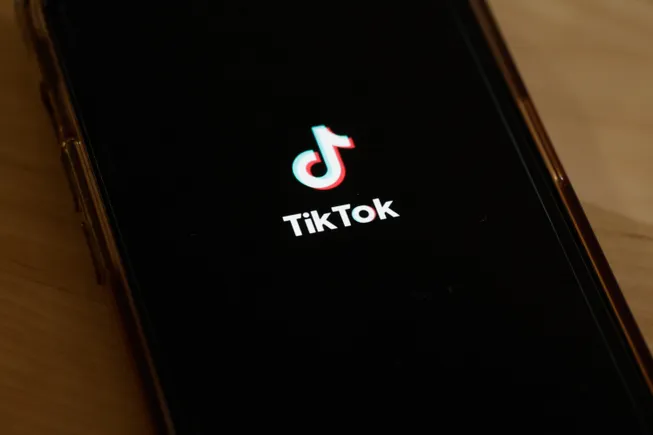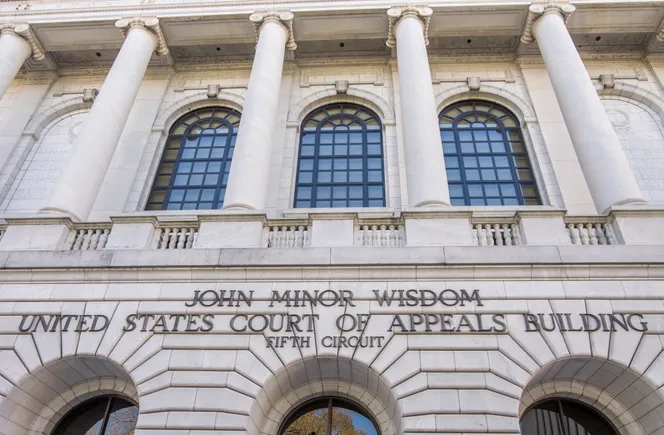Dive Brief:
- A group of inside sales representatives filed a lawsuit against TikTok on Monday, alleging they were denied overtime pay in violation of the Fair Labor Standards Act (Connell, et. al. v. ByteDance Inc., d/b/a TikTok).
- The workers, categorized as business development managers, agency development managers, agency partnership managers, brand partnership managers, client solutions managers “and others with similar job titles and/or duties,” said they were improperly classified as exempt and that TikTok allegedly acted “willful[ly] and in bad faith.”
- TikTok and its owner, ByteDance, have faced compliance backlash from employees in the past; last year, two Black employees filed charge documents with the U.S. Equal Employment Opportunity Commission, alleging discrimination and retaliation. TikTok did not respond to a request for comment on the FLSA allegations by press time.
Dive Insight:
The FLSA allows employers a range of exemptions from complying with the law’s minimum wage and overtime pay requirements, including workers employed in bona fide executive, administrative or professional (EAP) roles, computer workers and outside sales employees.
Employers may qualify for an outside sales exemption for a worker if they meet two criteria: 1) the employee primarily makes sales or obtains orders or contracts for services or for the use of facilities for which a consideration will be paid by the client or customer, and 2) the employee must be “customarily and regularly” engaged away from the employer’s place of business.
The TikTok workers alleged they performed inside sales work for the company, working out of TikTok’s Austin, Texas, office, in Virginia, and from their own home offices. Their work “entailed calling potential and current clients, sending messages on LinkedIn, and sending emails, all with the goal of selling and upselling Defendant’s products,” according to the complaint.
“Outside sales does not include sales made by mail, telephone or the Internet unless such contact is used merely as an adjunct to personal calls,” the U.S. Department of Labor clarified in a fact sheet on the exemption. “Any fixed site, whether home or office, used by a salesperson as a headquarters or for telephonic solicitation of sales is considered one of the employer’s places of business, even though the employer is not in any formal sense the owner or tenant of the property.”
Employers often encounter challenges when it comes to navigating exemptions and employee classification. In May, for example, the 11th U.S. Circuit Court of Appeals ruled that a group of car dealership workers referred to as “sales associates” were not exempt from overtime under the “automobile salesperson” exemption — an industry-specific exemption provided by the FLSA — because they spent most of their time booking appointments for customers to view the cars and “an appointment … is not itself an essential component of the commercial exchange of a vehicle,” the court noted.
Earlier this year, the DOL further complicated FLSA exemptions by adopting a final rule raising the minimum salary threshold for EAP employees from $35,568 to $43,888.






Leave a Reply